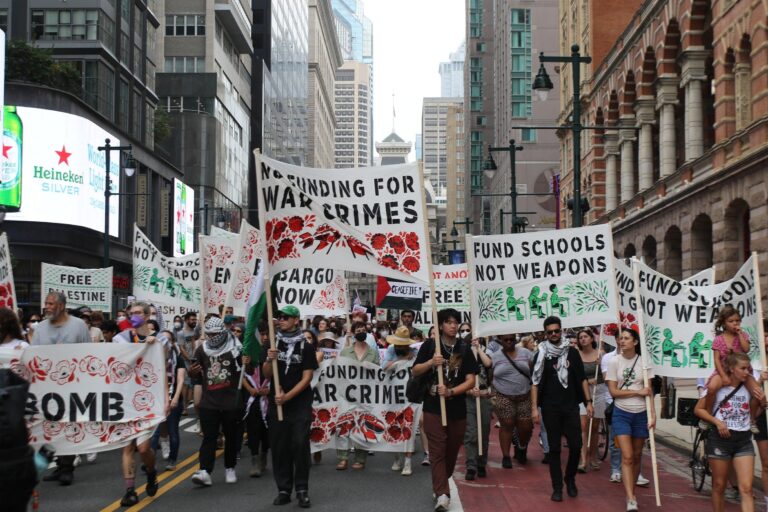Philadelphia District Attorney Sparks Controversy Following Public Park Incident
Philadelphia’s District Attorney, Larry Krasner, recently found himself at the center of a heated public controversy after a video surfaced showing him engaged in a tense exchange at a city park. During the encounter, Krasner vehemently criticized former President Donald Trump, employing strong language that included labeling Trump as a “fascist” and drawing parallels to Adolf Hitler. This footage rapidly gained traction across social media, igniting a broad spectrum of responses from political commentators and the general public alike. The episode highlights the deepening divisions and charged atmosphere surrounding discussions about Trump’s political legacy.
The incident began when a passerby approached Krasner with questions about his policies and political views, prompting the DA’s impassioned response. The viral nature of the video has led to intense scrutiny of Krasner’s conduct, raising questions about the expectations for decorum among elected officials. The public reaction has been polarized, with some applauding Krasner’s candidness and others criticizing his choice of words and demeanor.
- Professionalism concerns: Many argue that public officials should uphold composure, even when provoked.
- Political division spotlighted: The episode underscores the heightened partisanship in today’s political climate.
- Trust in justice system: Some worry that such confrontations may undermine public confidence in legal institutions.
| Group | Response |
|---|---|
| Supporters | Applaud Krasner’s boldness and honesty in addressing political issues |
| Critics | Decry the use of extreme rhetoric and question his professionalism |
| Neutral parties | Advocate for constructive dialogue to bridge political divides |
Debating Political Language and Public Conduct in the Wake of Viral Video
The viral video of Philadelphia’s DA expressing intense frustration during a public confrontation has sparked a broader conversation about the role of political rhetoric and the standards of behavior expected from public officials. Krasner’s invocation of historically charged terms such as “fascist” and references to Hitler has drawn sharp criticism for potentially inflaming partisan tensions and detracting from meaningful political discourse.
Observers are divided on whether such emotionally charged language serves as a necessary outlet for genuine political grievances or whether it exacerbates polarization and diminishes civility. The incident has become a focal point for discussions about how elected leaders should navigate public interactions, especially in an era marked by heightened political sensitivity.
- Rising concerns over divisive rhetoric: Critics warn that extreme language may deepen societal fractures and hinder respectful communication.
- Support for passionate expression: Some defend the DA’s remarks as an authentic response to a politically fraught environment.
- Calls for responsible leadership: Many emphasize the need for officials to maintain professionalism regardless of provocation.
- Effects on voter engagement: Analysts note that such incidents can either energize or alienate segments of the electorate.
| Dimension | Possible Consequence |
|---|---|
| Heightened Political Polarization | Amplifies tensions between opposing factions |
| Media Amplification | Expands reach and intensifies controversy |
| Public Confidence in Officials | May either erode or strengthen based on perceived authenticity |
| Future Political Dialogue | Influences norms around acceptable public speech |
Expert Insights on the Consequences of Inflammatory Political Speech by Officials
Political communication specialists and analysts have voiced concerns regarding the increasing prevalence of provocative language among public figures, citing the Philadelphia DA’s recent outburst as a case in point. They argue that such rhetoric risks deepening societal divides and diminishing trust in institutions meant to serve all citizens impartially. Dr. Elaine Matthews, a renowned political communication scholar, explains, “When leaders resort to extreme analogies and emotionally charged language, it undermines civil discourse and distracts from substantive policy discussions.”
Experts also highlight the role of social media in magnifying these incidents beyond their immediate context. Research from the Center for Civic Engagement reveals a correlation between inflammatory statements by officials and increased public anxiety, alongside a decline in voter turnout in subsequent elections.
| Impact Area | Expert Commentary |
|---|---|
| Political Polarization | Marked increase linked to provocative rhetoric |
| Public Trust | Notable declines following viral confrontations |
| Civic Participation | Reduced voter engagement and community involvement |
- Communication Experts: Recommend adopting respectful and balanced dialogue
- Legal Authorities: Highlight risks to perceived impartiality and fairness
- Social Psychologists: Emphasize the broader impact on social cohesion and community trust
Strategies to Preserve Professionalism Amid Intense Political Climates
In politically volatile environments, maintaining professionalism demands deliberate effort and a commitment to respectful communication. Public officials must prioritize calm, measured responses over emotionally driven reactions, understanding that their statements resonate far beyond immediate interactions. Techniques such as active listening and acknowledging differing viewpoints can help reduce tensions and promote constructive engagement, even in highly polarized contexts.
Effective approaches to sustaining professionalism include:
- Keeping composure when faced with provocation
- Refraining from inflammatory or personal attacks
- Centering discussions on facts and policy rather than ideology
- Establishing clear boundaries to prevent escalation during public encounters
- Engaging in regular self-assessment to improve communication skills
| Challenge | Recommended Response |
|---|---|
| Confrontational public interactions | Maintain calm, apply de-escalation tactics |
| Intense media scrutiny | Deliver clear, concise, and non-aggressive statements |
| Social media backlash | Respond with facts or choose silence over emotional replies |
Conclusion: Key Insights from the Philadelphia DA Incident
The viral video of Philadelphia District Attorney Larry Krasner’s impassioned confrontation with a critic over former President Donald Trump has ignited a nationwide conversation about political rhetoric, public decorum, and the challenges of leadership in a divided era. Marked by intense language and public confrontation, the episode reflects the heightened polarization shaping today’s political landscape. As reactions continue to unfold, this incident serves as a potent reminder of the complexities and responsibilities inherent in political communication and public service.








